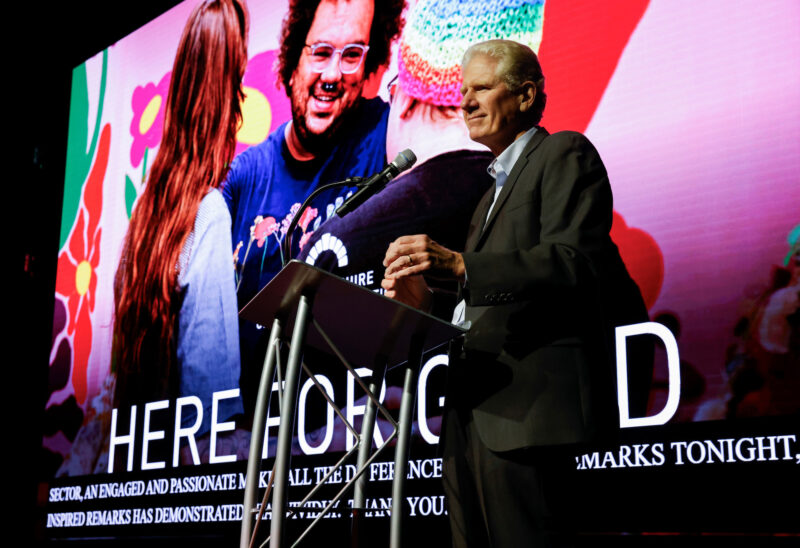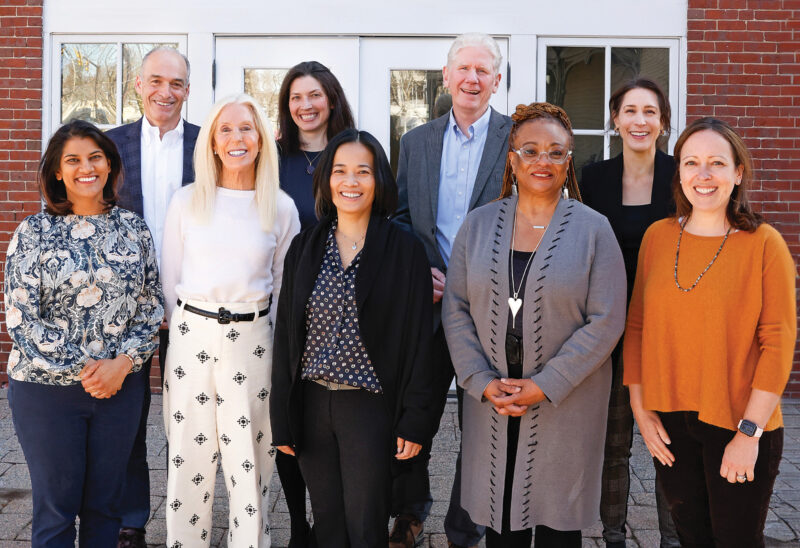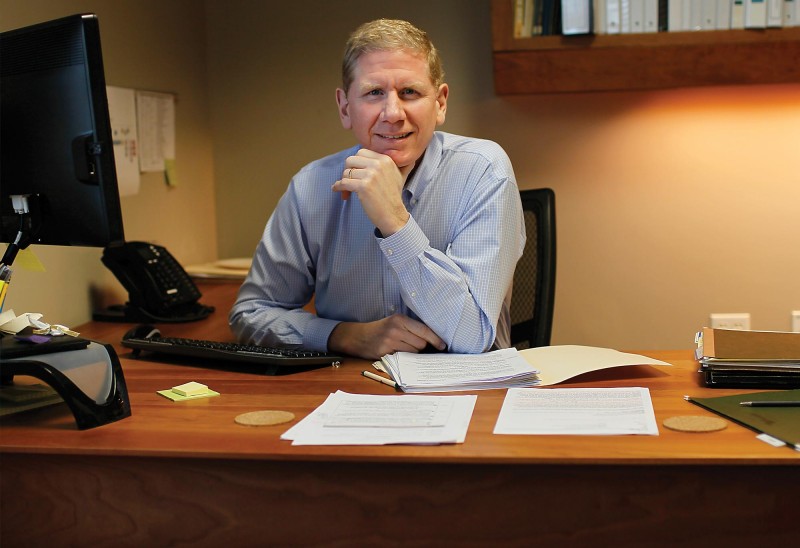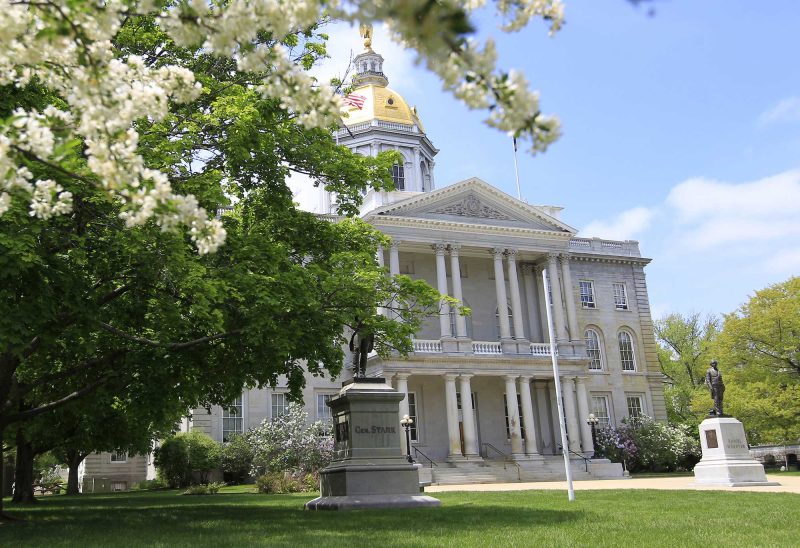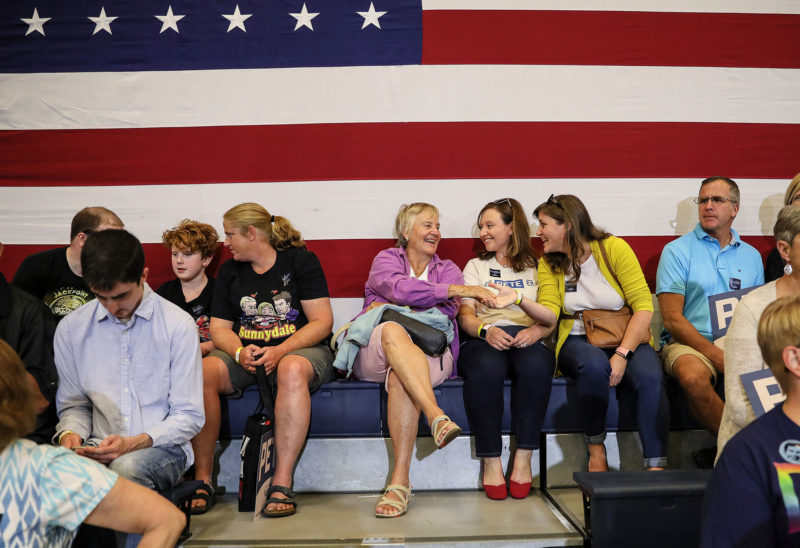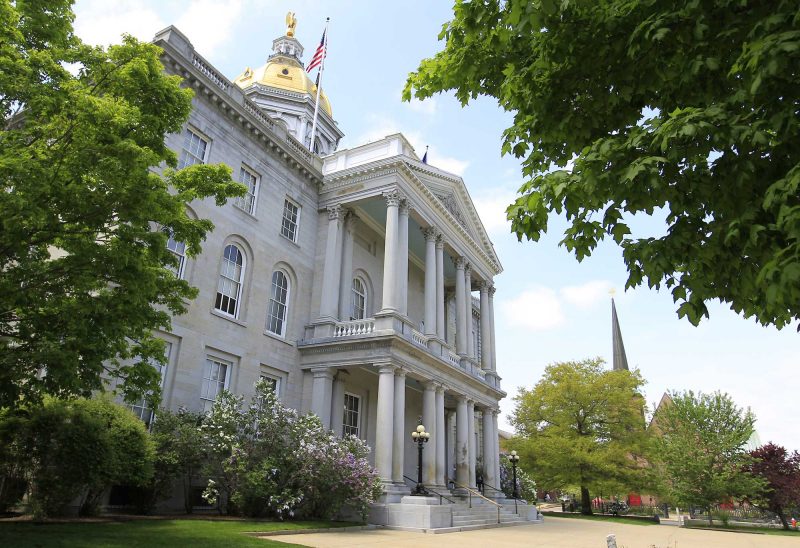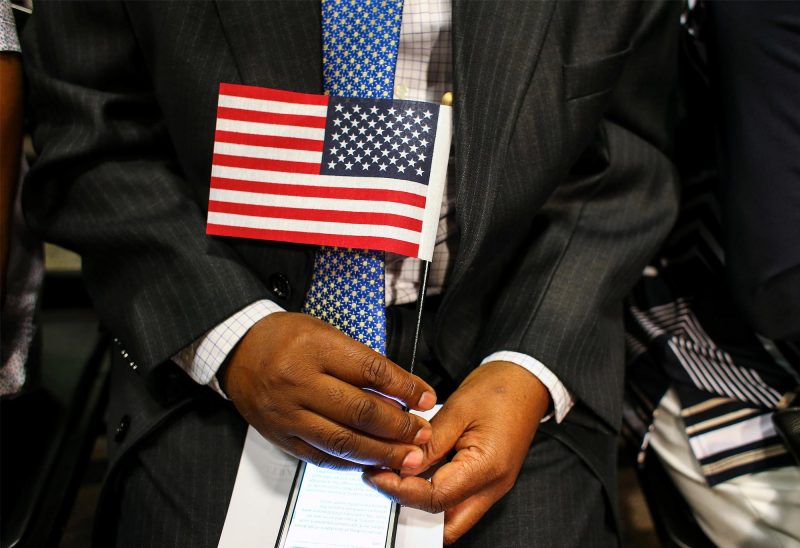Tune into any media, and this message is clear and loud: many voters are angry this election year.
If you focus only on the short term, this is a bit puzzling. Unemployment has fallen below five percent, the U.S. economy has grown for five straight years, gas prices and inflation are low, and most of our troops are finally home from the two longest wars in U.S. history.
But when you pan out and look at the longer term, the roots of the frustration are clear – especially for working families. Real income has barely grown since the 1970s, workers’ share of overall income is lower than it has been since World War II, wealth is increasingly concentrated at the very top, trust in government is historically low, and our education system is not adapting fast enough to prepare a 21st century workforce.
The American dream feels out of reach for most Americans – two-thirds of parents believe that their children will be worse off than they are. That smoldering frustration is bursting into anger on the presidential campaign trail. It is fanned by social media and by one particularly volatile candidate who has both tapped into and contributed to the tension.
Regardless of how the national campaign turns out, those deeper and complex challenges will not be solved in one political cycle. They may not even be solved in one generation. We have some hard work ahead. Unfortunately that work is only made harder when complex issues are reduced to “us-vs.-them” jingoism and scapegoating, a point being made by commentators on right and left. Here’s to cooler heads.
But here’s something that gives me hope: the striking contrast between the national coverage I read in the evening and the affirming stories I see every day at the New Hampshire Charitable Foundation. Take a moment and read one or two from the links below. It’s like a cool drink on a sweltering day.
We hear a lot of loose talk from the national stage about how race and class and immigration divide us. But here in New Hampshire I see the bonds that unite us in the work of bridge-builders like Anna-Marie DiPasquale at Concord High School and Tika Acharya of the Bhutanese Community of New Hampshire.
Pundits say that Congressional gridlock proves that Americans are hopelessly polarized on issues such as health care. But pragmatic Republicans and Democrats in the New Hampshire statehouse are finding common ground to expand and improve Medicaid insurance. Now almost 48,000 more of our neighbors can access care at community clinics like Families First, lead healthier lives, and reduce costs for all of us in the long run.
Grim campaign ads warn that ISIS is our greatest threat, and nobody would deny the barbarity of attacks like the recent one in Brussels. Yet untreated drug and alcohol addiction kills some 300 Americans every single day – that’s way more Americans than have fallen to terrorists since 2001. New Hampshire has the third-highest overdose death rate in the country, with more than 400 dying last year alone. That’s why I am inspired by leaders like Franklin Mayor Ken Merrifield and our own Tym Rourke, who are saving lives and restoring hope.
We hear impassioned speeches about the very real gaps in opportunity and income, but precious few bipartisan national solutions to close those gaps. At the same time the Foundation’s New Hampshire Tomorrow youth opportunity agenda reflects the collective and tangible actions of hundreds of donors, nonprofits, educators, employers, scholars and civic leaders.
And while “town halls” in national politics have become television spectacles, my community’s Town Meeting on the second Saturday in March was the real thing. I sat with my Dublin neighbors and listened to direct and thoughtful dialogue about crime, roads, school property, hungry families, and taxes. We advocated and listened and compromised. We accepted our different viewpoints in favor of our common responsibilities. We did democracy in a tenor that I believe most Americans prefer.
I tend to lean hopeful in politics and other matters, and here is what I know: Anger is not the only emotion in our communities today. I also see optimism. Compassion. Trust. Promise.
Just look around.

*Sources: Bloomberg Business, Centers for Disease Control and Prevention via www.drugwarfacts.org

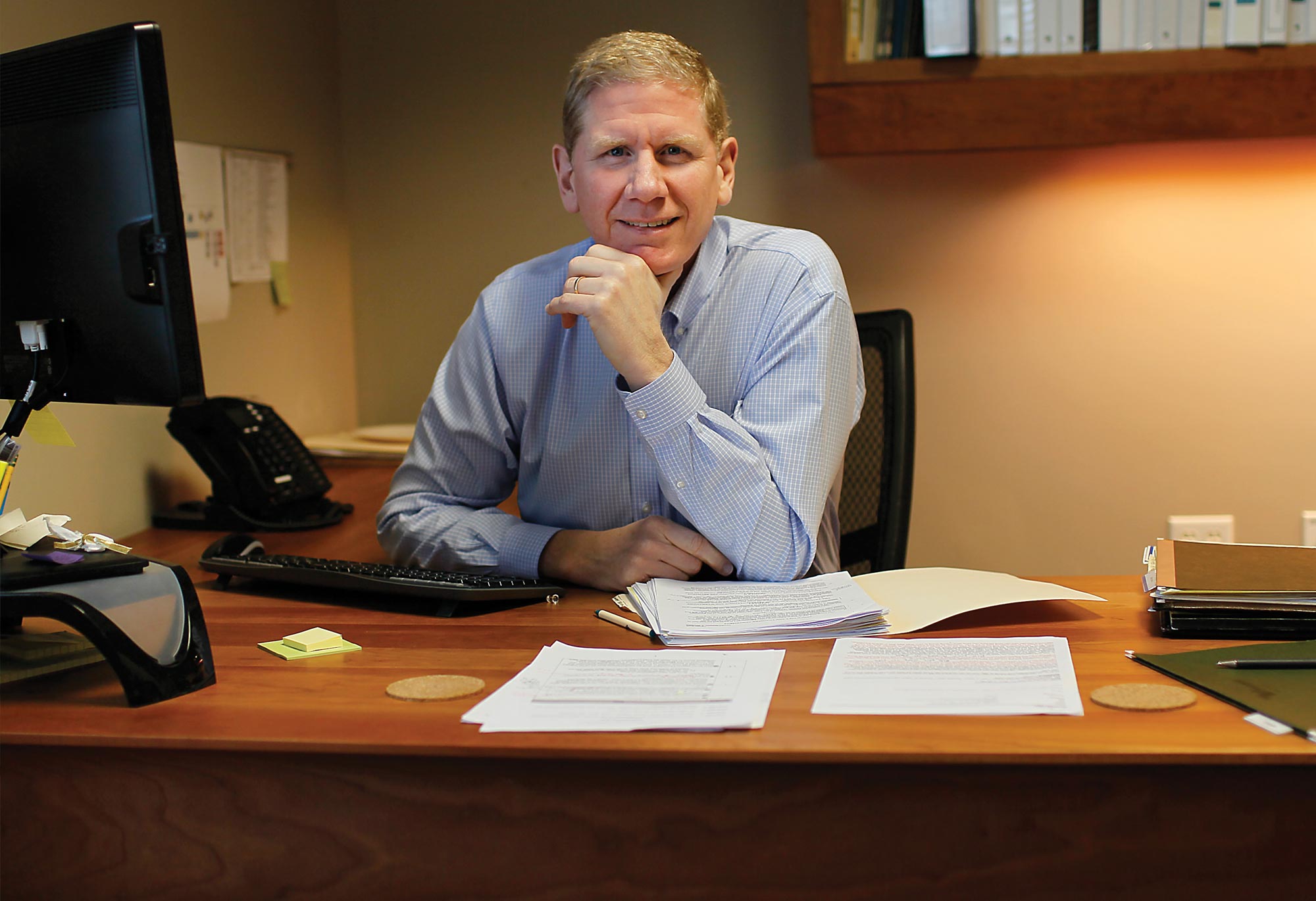






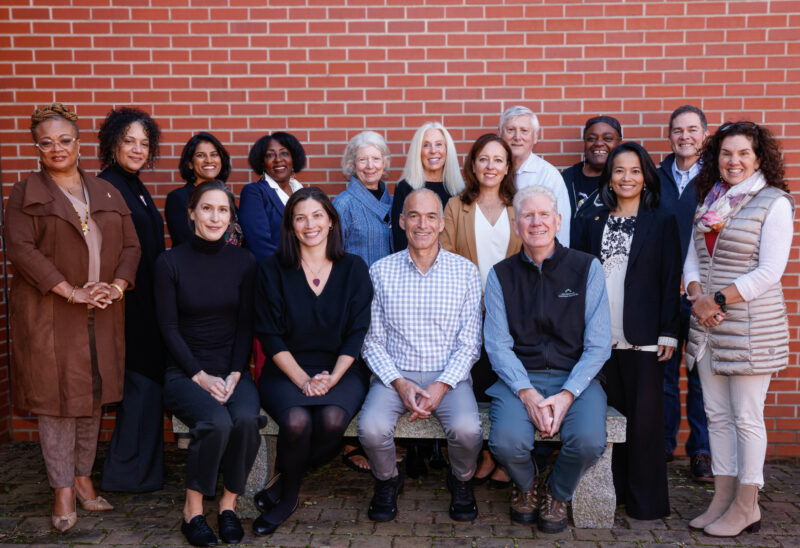
![Charitable Foundation President Dick Ober [Photo by Cheryl Senter]](https://www.nhcf.org/wp-content/uploads/2023/12/dick-ober-purpose-fall-winter-2023-800x548.jpg)
